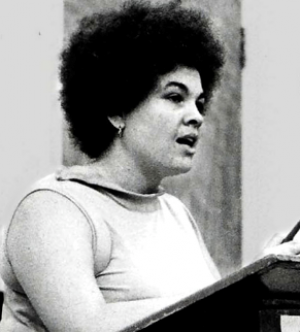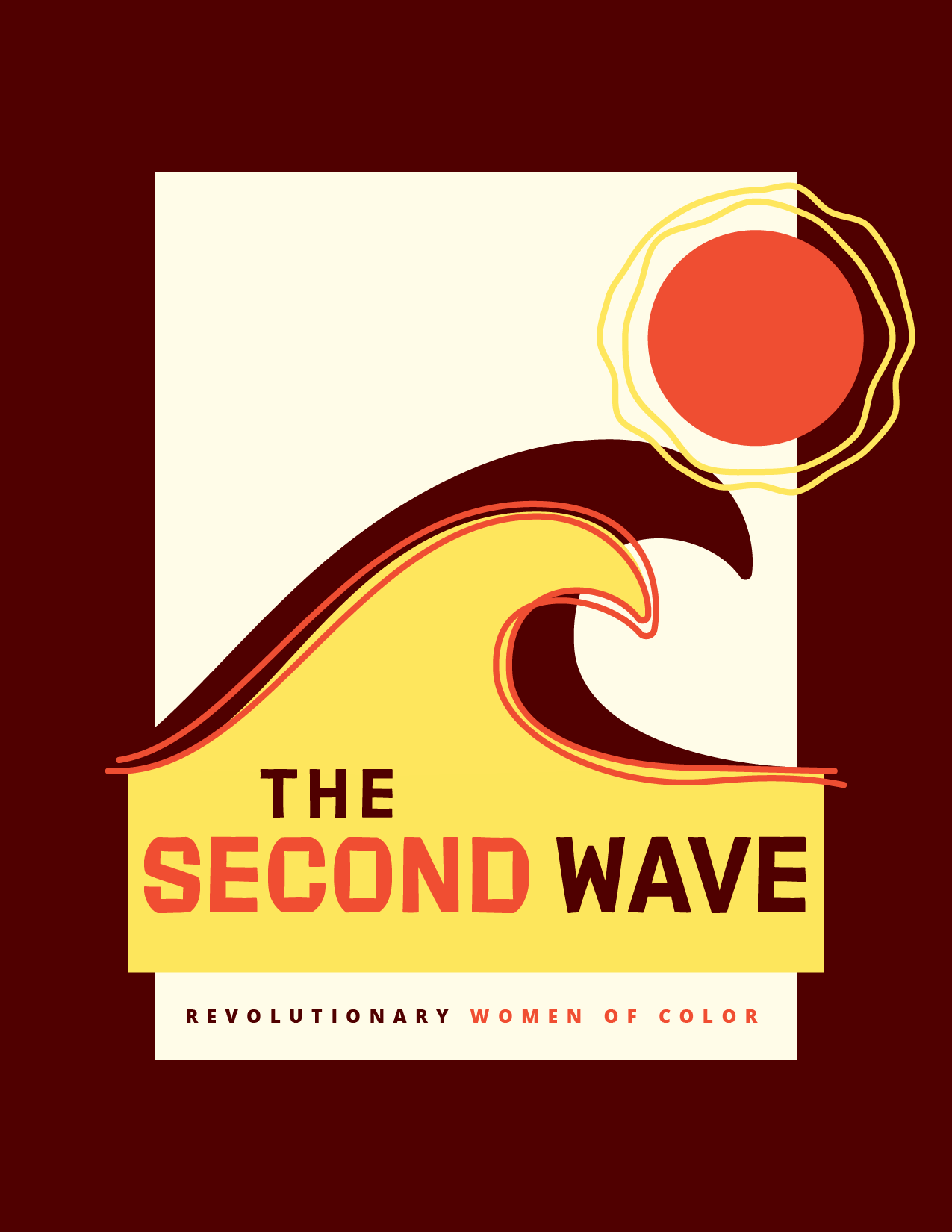Frances Beal: A Revolutionary Woman
Frances Beal is one of three women of color telling their stories of activism at a historic event titled “The Second Wave: Revolutionary Women of Color.”

Tiarra Drisker ‘25

“The Second Wave: Revolutionary Women of Color,” on March 24 and 25, gives Beal and two other women of color the space to educate and commemorate the fight for women’s rights.
Frances Beal grew up in Binghamton, New York. Having a Black father and Jewish mother, Beal experienced anti-Semitism, racism, and sexism early on. As an adult, Beal advocated for Black feminism, reproduction rights, abortion rights, and racial justice. On March 24 and 25 , she is one of three women of color who will be telling their stories of activism at the event titled “The Second Wave: Revolutionary Women of Color.”
As the name of the panel suggests, Beal is a revolutionary woman. Beal co-founded the Third World Women’s Alliance, wrote the pamphlet Double Jeopardy: To Be Black and Female, was the editor of the newspapers Triple Jeopardy and The Black Woman’s Voice. In her time as an activist, Beal challenged things that were fundamental within society, but that she saw as flawed and hindering the progression of society. Standing up for women’s rights is deeply personal for Beal.
“I personally had a friend from high school who died from a backstreet abortion,” Beal shared. “Right from the beginning, I was pro access to abortion because I had her in the back of my mind the whole time. This wonderful, intelligent, Black woman would be walking the face of this Earth if she had had access to a legal abortion.”
Beal also attributes her inspiration to advocate for social justice to her family and the era in which she came of age.
“I came from an activist family in a small town,” Beal explained. “My mother was communist, my father was a labor activist, and my mother was Jewish while my dad was African American. I also came from a generation where everybody was impacted by the Vietnam War. Brothers, boyfriends, fathers…and they had to figure out how to interact with a war that many of us felt was unjust and that we didn’t belong in. It had a tremendous impact on the economy and it affected the number of social programs we had access to because all the money was going to the military.”
Beal also got more involved in feminism by doing her own research out of curiosity. While attending Sorbonne University in Paris as a young newlywed, she perused second-hand bookstores for leftist women’s literature. Today, she encourages other women and young girls to also do more research about feminism and social justice.
“There are a lot of reactionary forces out there that are trying to push women back into the 1950s,” Beal said. “We see that most in the struggle for reproductive freedom and reproductive rights and the struggle for abortion rights. We also see women from the LGBTQ community who are putting forward their own demands in terms of equality, justice, and freedom. They are in the forefront of people being murdered just because of their gender identification. As far as some of the demands that were made for equal pay for equal work, we see, even in the sports arena, how females are paid a minimal amount of money compared to what their male counterparts are paid. All of this is going on right this minute.”
Beal reminds us that feminism is still important today as women in various fields fight for equal pay and reproductive freedom. Women’s History Month, beginning March 1, is a time to remember not only the inequalities women overcome, but to educate people in order to create a more equitable society for all regardless of sex, class, or race. “The Second Wave: Revolutionary Women of Color,” on March 24 and 25, gives Beal and two other women of color the space to educate and commemorate the fight for women’s rights.
“The struggle for justice for women is certainly not over, particularly for the working class and women of color,” Beal said. “It’s very important that younger women know women’s history and can embrace it today and move forward.”
